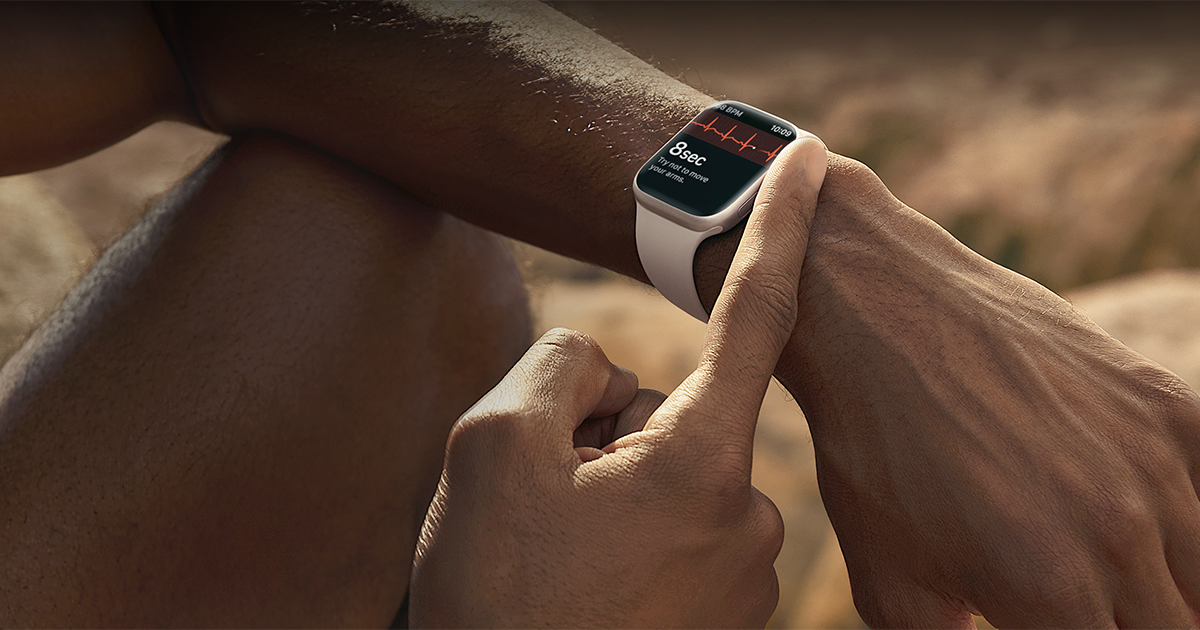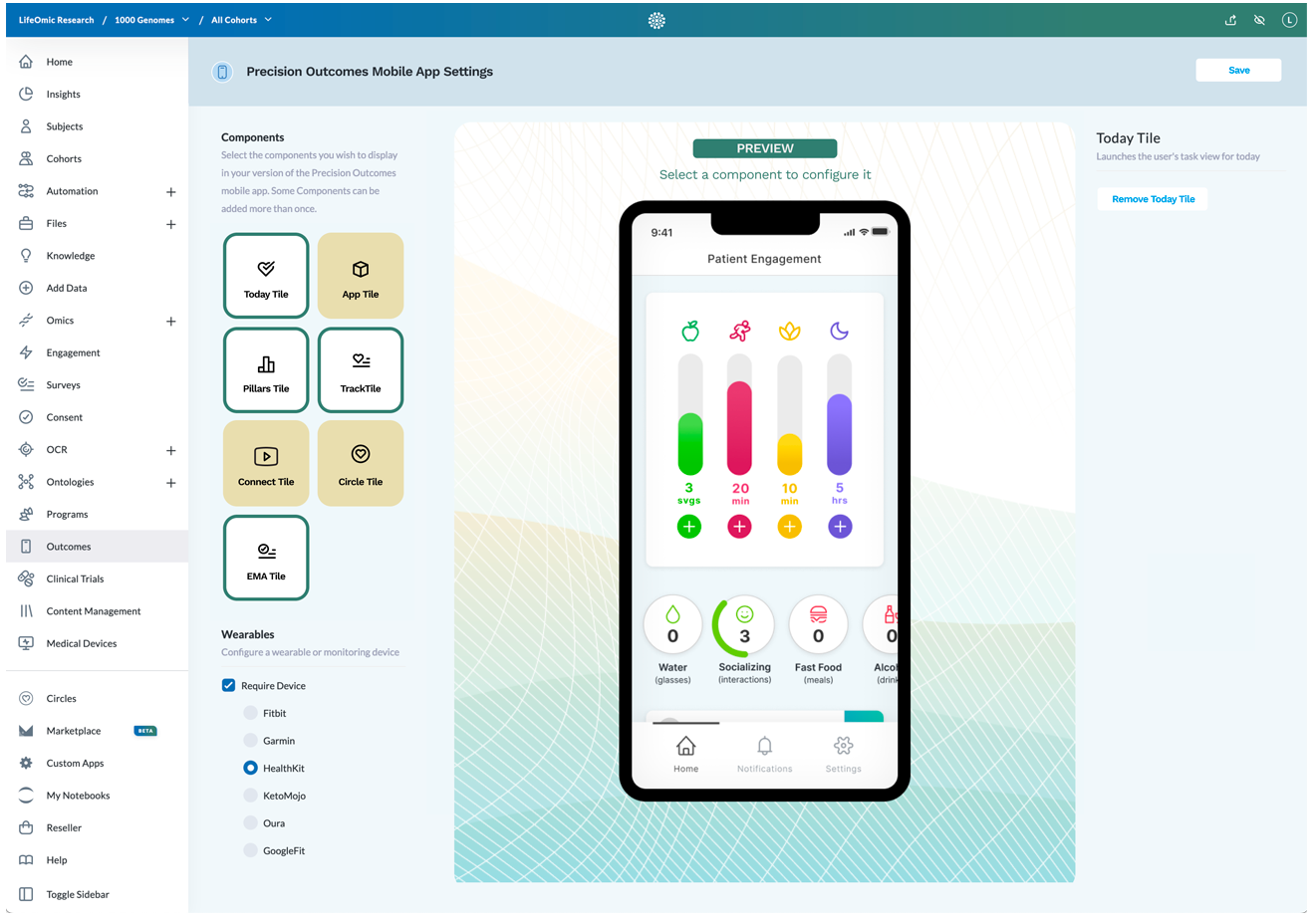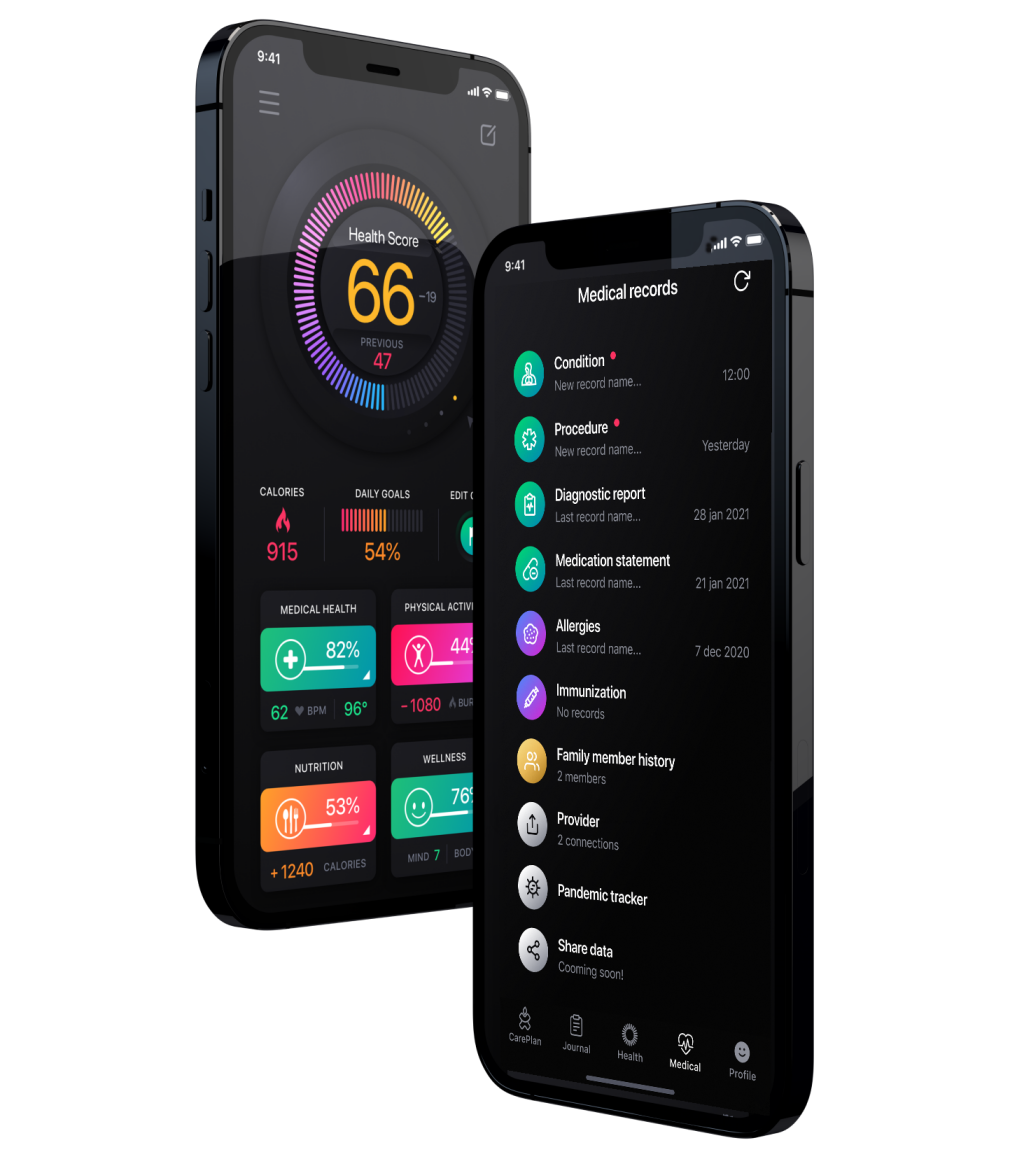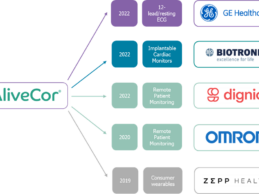What You Should Know: Researchers at the Icahn School of Medicine at Mount Sinai found that applying machine learning models to data collected passively from wearable devices can identify a patient's degree of resilience and well-being. The study, published in JAMIA Open, supports the use of wearable devices, such as the Apple Watch, to monitor and assess psychological states remotely.The researchers note that mental health disorders account for 13 percent of the burden of global disease and
Read More
Wearables | Trackers | Smartwatches | News, Analysis, Insights
Philips & DoD Ink $10M Deal for AI-Wearable Disease Detection
What You Should Know: The Department of Defense and Philips announced a $10M award to expand the readiness of our service members with the Rapid Assessment of Threat Exposure (RATE) AI wellness tool.The first group in this new cohort are theAir Force First Sergeants, who are responsible for overall squadron health and wellness.RATE is an AI algorithm, trained on clinical data from hospital-acquired infections to work with any off-the-shelf wearable to detect possible infection, acting
Read More
What Role Can Consumer Health Technology Play in Diagnoses?
There’s an ongoing debate regarding the role that consumer health technology, like wearable health devices (i.e., smartwatches), can play in diagnostics, now and in the future. Because this is a relatively new technology, the scope of its potential impact is, at present, only scraping the surface. Even so, smartwatches and their connected health apps are reshaping the healthcare industry. This technology has the ability to not only make personalized healthcare more widely accessible, but its
Read More
LifeOmic Launches Patient Engagement App to Automate Patient Pathways
What You Should Know: LifeOmic, a healthcare technology company powering precision health with its end-to-end software solution, the LifeOmic Platform, today announced the launch of its Patient Mobile App. LifeOmic’s Patient Mobile App enables the two-way connection between the healthcare team and patient. With the LifeOmic Patient Mobile App, healthcare providers have access to a highly configurable solution that integrates directly into their existingworkflows to meet
Read More
Patientory Launches Blockchain App Enabling Patients to Earn Money for Their Health Data
What You Should Know: Patientory Inc., the creator of a blockchain-based, HIPAA-compliant, private medical data ecosystem, announced today that it has launched two solutions–Patientory Consumer Decentralized Application-designed to help patients more efficiently and securely store and earn money from their medical data and Neith Enterprise Dashboard in partnership with Prosper Healthtech, a community-backed organization committed to equity in Birmingham offering a supportive network of
Read More
Can Technology Live Up to Its Promise for Clinical Trials?
By creating efficiencies with technology, CROs have an opportunity to build clinical trials of the future. For many years, artificial intelligence (AI), machine learning (ML) and natural language processing (NLP) had a reputation in the biopharmaceutical industry as flashy buzzwords, with little concrete evidence to back up their promise. Over time, this lack of understanding has created drawn-out anticipation, leaving many skeptical about the true value of these tools. As the
Read More
Key Challenges and Solutions to Enhance the Post-Procedure Experience
What You Should Know: - Abbott today released the latest installment in the company’s multi-year Beyond Intervention series of global healthcare market research designed to uncover challenges that arise within the patient journey of people living with cardiovascular disease and to identify opportunities for patient care improvement. - The latest report stems from a survey of more than 2,000 patients, physicians and healthcare leaders, and reveals
Read More
Risky Business of Health Trackers: What Digital Health Leaders Need to Know
Gone are the days when healthcare information was only available to us at the doctor’s office or through the office's online portals, and that’s in part due to the rapidly growing popularity of wearable technology devices. It’s estimated that 1 in 5 adults in the U.S. use a fitness or health tracker to monitor things such as heart rate, blood pressure, sleep cycle, and stress. But this information is being used beyond just monitoring specific conditions. Take me, for example; I personally use my
Read More
The Quickening Pulse of the Ambulatory Diagnostic Cardiology Market
The Global Ambulatory Diagnostic Cardiology Market is evolving at a rapid pace, driven by technological developments, and shifting models of healthcare service delivery and funding. The overall market will grow from $2.5 billion in 2021, to $3.3 billion by 2026, with Long-Term ECG and, to a lesser extent, Mobile Cardiac Telemetry (MCT), being the principal engines of growth. Unsurprisingly, these two markets are garnering serious attention from large incumbent vendors in the more established
Read More
FHIR Adoption and Implementation Challenges
The Fast Healthcare Interoperability Resources (FHIR) standard was introduced by HL7 in 2014 as a significant replacement for the HL7 V2 and V3 standards. An open standard called FHIR, which was initially drafted in 2011 makes it easier than ever for legacy systems and new apps to exchange data. FHIR was created to not only increase communication efficiency and interoperability compared to earlier standards but also to facilitate implementation by giving clear specifications and allowing
Read More










